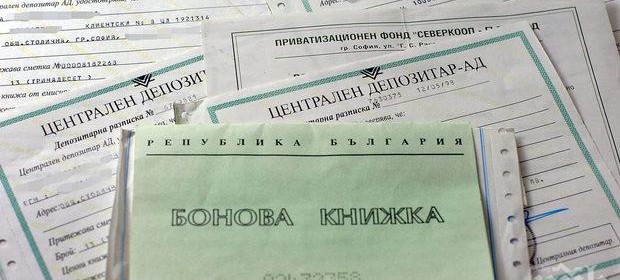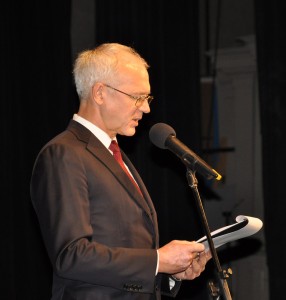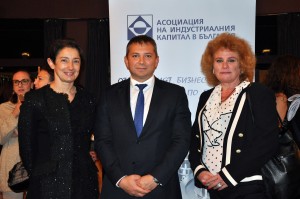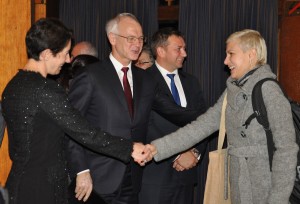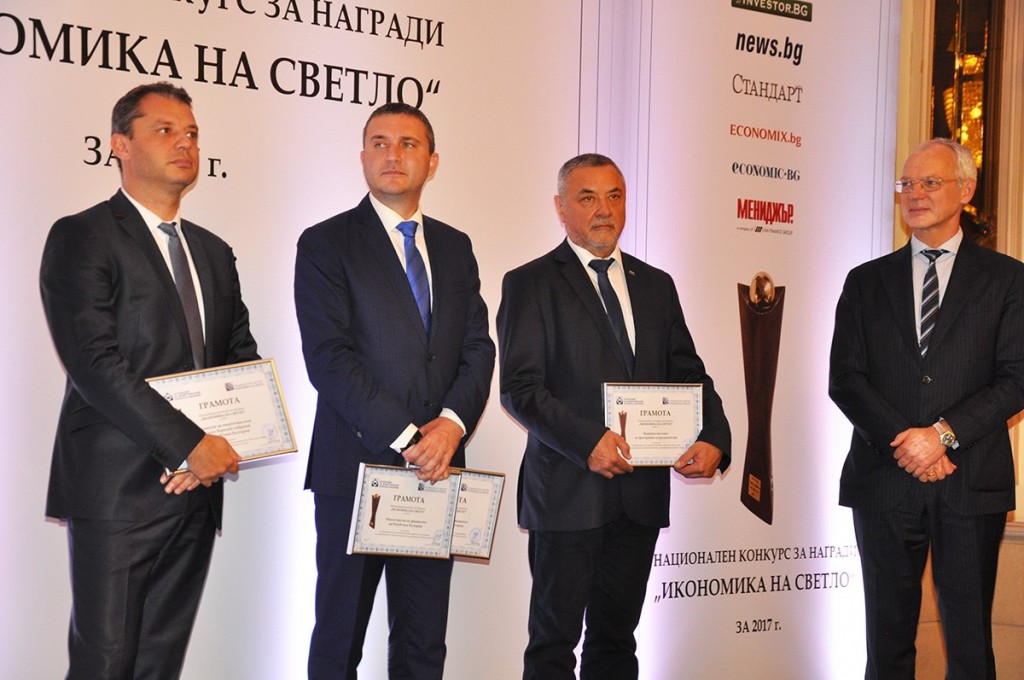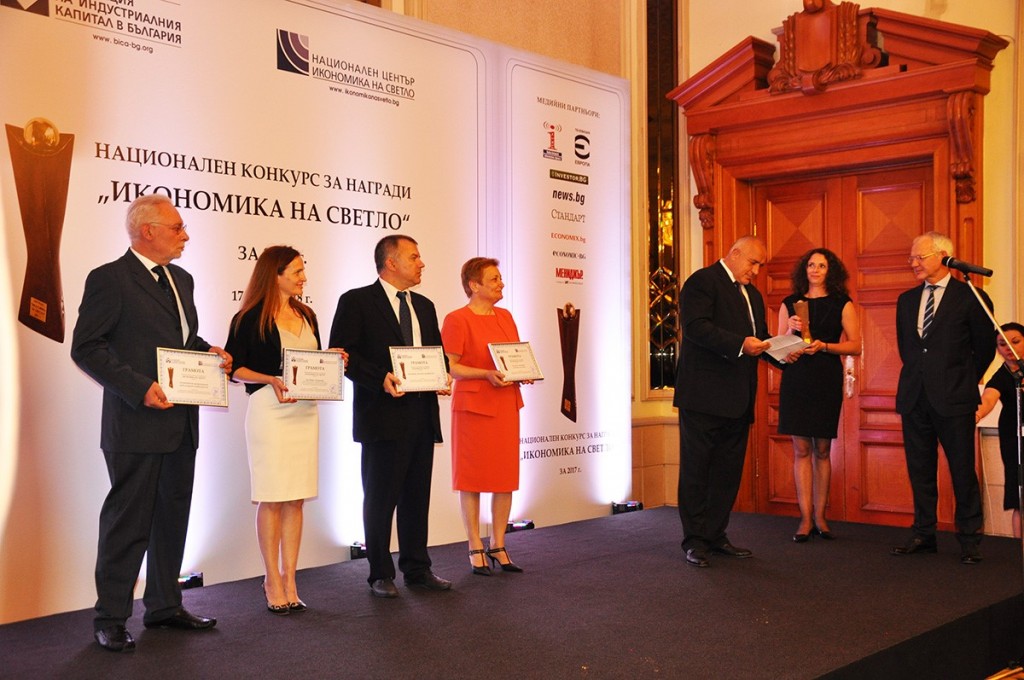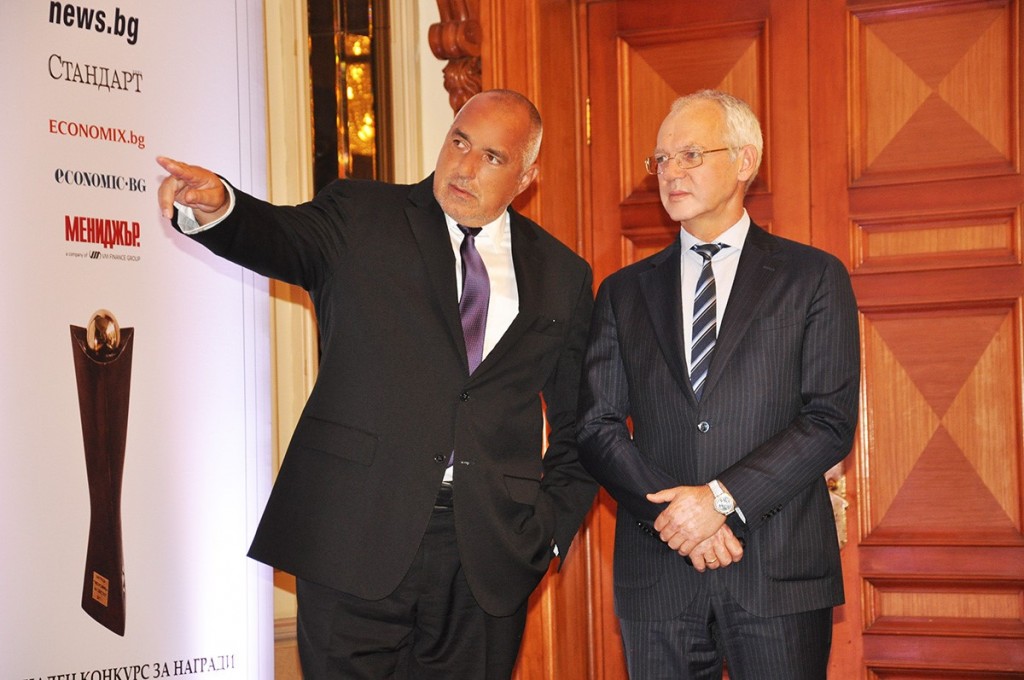REPRESENTATIVES TO NATIONAL
44-TO NATIONAL ASSEMBLY
OF THE REPUBLIC OF BULGARIA
Dear Ladies and Gentlemen,
In recent days, public opinion in Bulgaria is very excited by the proposal for a “reset” of NPP “Belene”. On June 7, 2018 pending the National Assembly to take a very responsible decision on the return of this project on the agenda of the Bulgarian energy sector and under what conditions to do this or, respectively – to continue the moratorium.
Association of Bulgarian Employers (AOBE) has repeatedly expressed its position is regarding the development and implementation of new energy projects – this is acceptable under the explicit condition to be entirely on market principles, without commitments for guaranteed quantities and the discounted prices.
Petkov announced that the project “Belene” will be performed at “market conditions” but as such it made public so far only two requirements:
no state guarantees for the project;
no long-term contracts for the purchase of electricity produced.
Not openly stated publicly express prohibition on:
preferential pricing;
possible additional payment of price differences and / or written;
corporate guarantees from state-owned companies in the energy sector, for example, Bulgarian Energy Holding, National Electric Company, Kozloduy NPP.
In fact, the above requirements hardly exhaust the possible non-market ways of defrauding taxpayers – corporate and individuals. Therefore, relying on the goodwill of both the legislative and the executive, we insist on a clear and unambiguous statement that will be traversed all possibilities “Innovation” and implementing schemes for non-market revenue.
Transparency, marketability, economic consistency – these are basic principles that can ensure long-term sustainability of a project. Considering these principles, the investments made to date and the scale of the project “Belene”, a successful scenario for implementation may include the following steps:
State retrieve a public company existing tangible and intangible assets, including engineering, licensing rights, playground, performed works, and all received or intended to be received equipment, which Bulgaria is the legal owner;
Make a prospectus for public offering of shares of this public company on the stock exchange in volume, securing raising sufficient capital to implement the investment program – so in the most transparent manner and the market will be assessed the economic solvency of the project;
The public company, which after the capital increase involving relevant investors – strategic, institutional, and perhaps smaller ones (if the business audience really believes that the project is profitable) completes the construction site NPP “Belene” and is likely be necessary commitment and debt;
As an investor and operator of the plant “Belene” public company realized electricity produced energy market – from the first to the last megawatt of market prices.
What we think is realistic scheme that could implement the project “Belene” NPP – led by economic logic and pragmatism – without ideological, geopolitical interpretations pathetic phraseology and seeking political gain. At the same time, taking into account the stated official intentions to launch a procedure for selecting a strategic investor, we believe that the preconditions for negotiations with potential candidates should include as basic requirements – ensuring transparency, implementation of the project on market principles and other applicable conditions, some of which are listed above.
We believe that we need a public discussion involving all stakeholders, not disseminate false information – about the price of electricity produced by NPP “Belene”, the volume of future electricity demand, the lack of alternatives.
By arguing that such was the price of electricity produced by NPP “Kozloduy” in the public media space boldly comment on prices generated by the future nuclear power plant “Belene” power ranging between 25 and 50 euros per megawatt hour. Thesis, which we define as inconsistent and inadequate information available – in comparison, the project Hinkley Point C, Britain declared price of 92.50 pounds per megawatt hour, a contract for 35 years. In 2019 Belarus is expected to start operating new nuclear power plant, the prices of which range from 110 euros per megawatt hour. The project Akkuyu, Turkey assumes a price of 124 US dollars per megawatt hour, and estimates for the project of expansion with two new blocks Paksi, Hungary are in the upper range of 80-110 euros per megawatt hour.
The National Statistics Institute systematically develop and publish energy balances, including Overall energy balance, primary energy consumption, energy intensity of the economy. Their analysis shows unequivocally improve energy efficiency – for comparison, 0,470 tonnes of oil equivalent per 1000 euro GDP in 2012., The same indicator for 2016 is 0.423. The same conclusion can we do for electricity intensity – while in 2012 GDP for 1000 euros have been invested over 820 kwh in 2016, the electricity is 765 kwh. However, net electricity consumption in the country (taking into account net production and physical import deducting losses in the grid the need to regulate the electricity system and physical exports) in recent years is sustainable in the range of 31-32 TWh (data of ESO KEVR and NEC), at 3-4 percent economic growth annually. Naturally, there is considerable untapped potential for improvement in this regard.
There are alternatives – both in the field of energy, and in terms of energy consumption and energy efficiency. Examples – new generations renewables already generate electricity with significantly lower prices compared to the recent past, the growing consumption of natural gas will inevitably replace part of the consumed current electricity (trend among household subscribers), develop intelligent networking solutions that optimize bidirectional elektrosvarzanost , is a significant technological progress and possible solutions for efficient storage of electricity and balanced electricity, the voltage at optimal.
In realization of the project “Belene” should be eliminated all the risks associated with the dominant ‘ours’ understanding of quality control and performance, the product of corruption and political interference environment, including purely technical matters. With additional guarantees for the effective implementation of norms for procurement of high public importance and spending significant funds for high quality performance, an objective assessment of the technology of reactors and risk management at the highest achievable level acceptable to our society, our European partners and neighbors.
Last but not least, the vote on the resolution on the moratorium of the National Assembly should proceed in parallel with the discussion of the strategy for sustainable energy development until 2030, the drafting of which was entrusted to the Ministry of Energy.
KIND REGARDS,
BULGARIAN INDUSTRIAL CAPITAL ASSOCIATION
BULGARIAN INDUSTRIAL ASSOCIATION
BULGARIAN CHAMBERS OF COMMERCE AND INDUSTRIAL
CONFEDERATION OF EMPLOYERS AND INDUSTRIALISTS IN BULGARIA


 English
English



